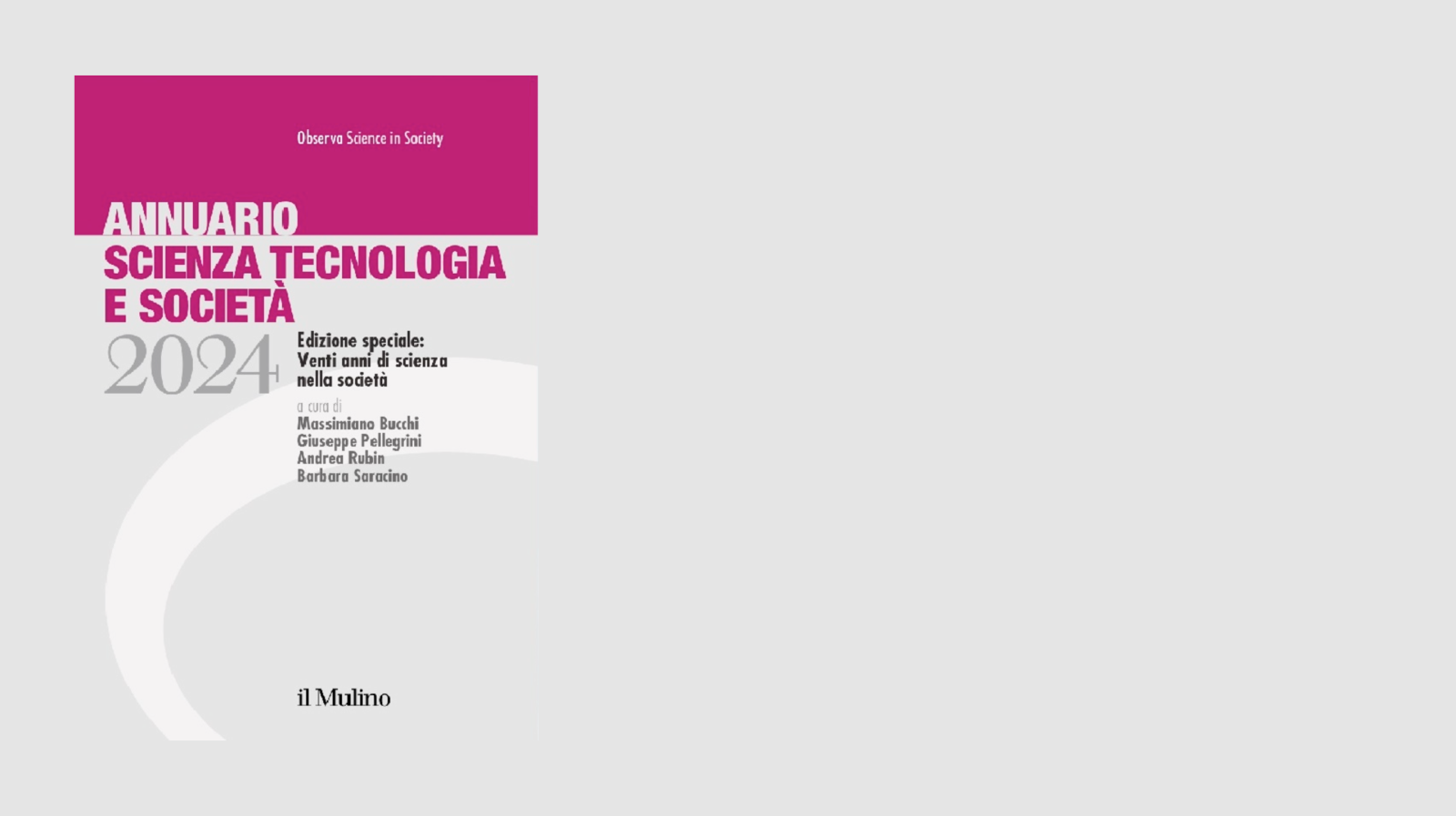As recognized by many experts, the ongoing decline of public confidence in vaccines is one of the main challenges for public health management. A recent paper published on Eurosurveillance shows that unfavorable attitudes towards vaccination dramatically increased from 8.5% in 2000 to 38.2% in 2010 in France.
The study investigated the potential impact of the 2009 influenza A(H1N1) pandemic on attitudes towards vaccination among people living in metropolitan France. It was based on data from the last three waves (2000, 2005, 2010) of the “Health Barometer”, a telephone survey on health perceptions, knowledge, attitudes and behaviors, which was targeted at the general population. The age interval of the sample was 12 to 75 years (15 to 85 years in 2010).
It is interesting to note that beyond the increase in negative attitudes observed in 2009 to 2010, half of the respondents who endorsed these attitudes spontaneously mentioned their opposition to the influenza A(H1N1) vaccine. Such a shift demonstrates that many people who accept vaccines may change their mind and that this episode may have undermined public confidence in health authorities and vaccination.
Another interesting result is that sociodemographic profile associated with unfavorable attitudes towards vaccination in general significantly changed in 2009/10: influenza A(H1N1) vaccination acceptance was correlated with high educational level, high socioeconomic status and living in a household with a child under the age of five years. This result is in contrast with some previous studies, which found that highly educated parents were prone to refuse vaccination for their children, even if these parents did not oppose vaccination in general. Such disparities may be due to the fact that people with lower education are much less likely to use information material from official authorities, as some studies demonstrated.



